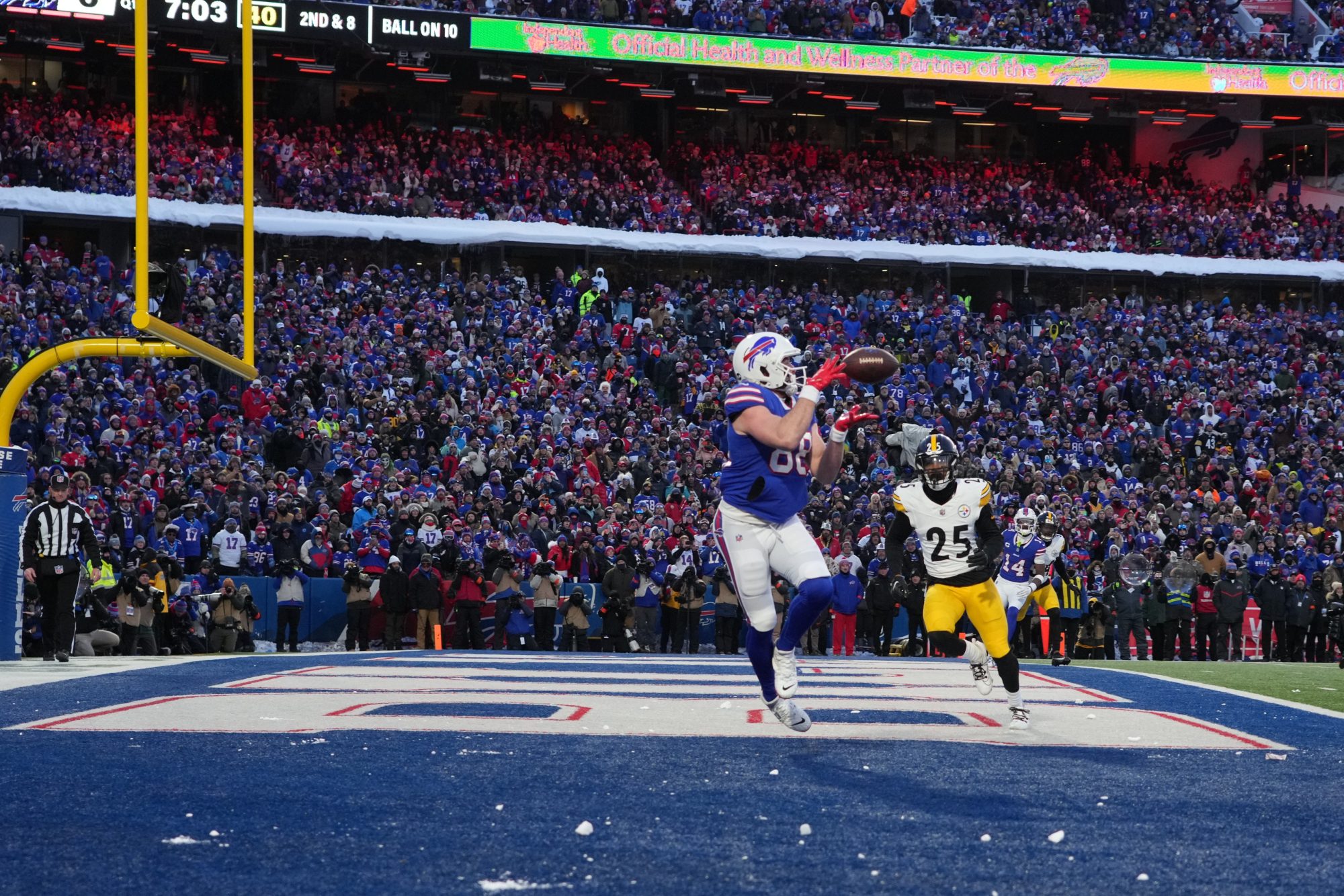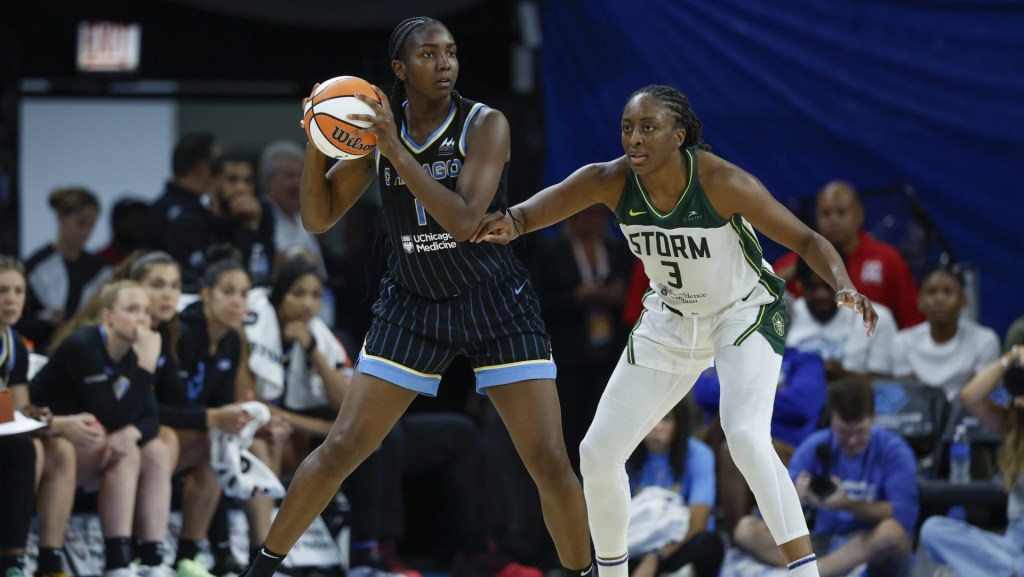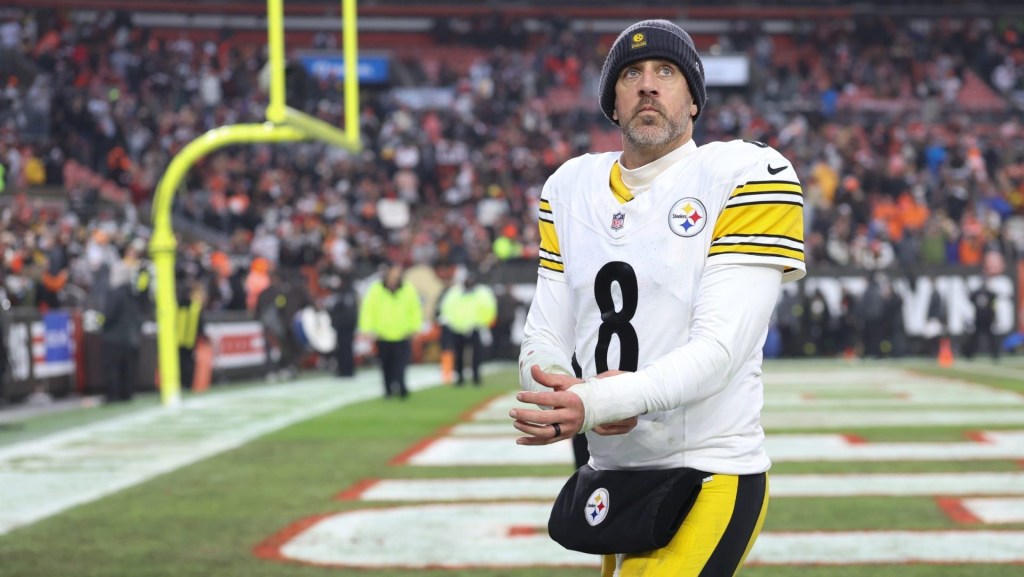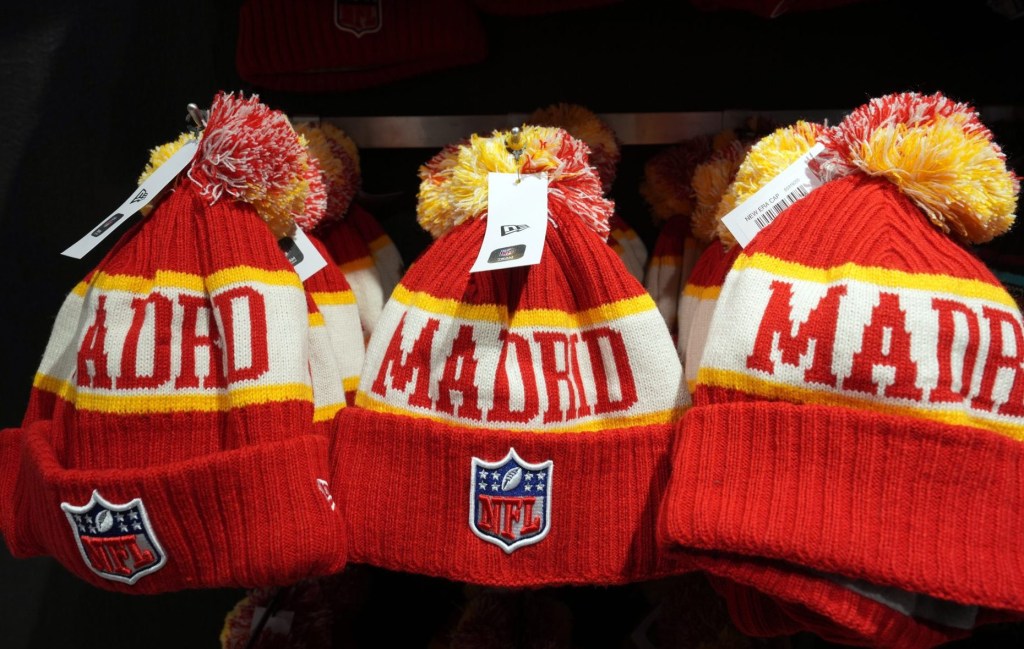The NFL just wrapped up an unprecedented wild card weekend that made history around severe weather, new-age media, and postseason formatting.
On Monday, the Buffalo Bills-Pittsburgh Steelers game became the first NFL playoff matchup to be postponed by an entire day, in this case due to several feet of snow hitting the Buffalo area over the weekend. (In 2017, a Steelers-Kansas City Chiefs game was postponed from 1 p.m. ET to 8:20 p.m. because of wintry weather.) The Bills paid shovelers $20 an hour ahead of the game to clear snow inside Highmark Stadium, and when the Steelers arrived in Buffalo, they required a snow plow to accompany their typical police escort to their hotel. This weekend’s move also led to the first time the NFL has played a pair of playoff games on three consecutive days.
And that all came after the Chiefs’ victory over the Miami Dolphins on Saturday night made headlines for frigid temperatures. At -4°, the game in Kansas City went down as the fourth-coldest in NFL history (though it will be remembered, no doubt, for Chiefs head coach Andy Reid’s frozen mustache).
Beyond the weather, Chiefs-Dolphins, which aired on Peacock, became the most-streamed event in U.S. history, averaging 23 million viewers, despite some fans’ outrage last week about the game being available exclusively on the streamer. (That audience number does include viewership from local stations in Miami and K.C., as is standard in reporting for all exclusively-streamed NFL games.) The Chiefs-Dolphins stream beat out last year’s Saturday night wild card matchup between the Jacksonville Jaguars and Los Angeles Chargers, which drew 20.6 million viewers on NBC. Peacock paid $110 million rights to this year’s wild card game, which will be up for auction again this offseason and intended for a streaming audience.







![[Subscription Customers Only] Jun 15, 2025; Seattle, Washington, USA; Botafogo owner John Textor inside the stadium before the match during a group stage match of the 2025 FIFA Club World Cup at Lumen Field.](https://frontofficesports.com/wp-content/uploads/2026/02/USATSI_26465842_168416386_lowres-scaled.jpg?quality=100&w=1024)
![[Subscription Customers Only] Jul 13, 2025; East Rutherford, New Jersey, USA; Chelsea FC midfielder Cole Palmer (10) celebrates winning the final of the 2025 FIFA Club World Cup at MetLife Stadium](https://frontofficesports.com/wp-content/uploads/2026/02/USATSI_26636703-scaled-e1770932227605.jpg?quality=100&w=1024)






![[US, Mexico & Canada customers only] Feb 6, 2026; Riyadh, SAUDI ARABIA; Jon Rahm in action during the third round of play at LIV Golf Riyadh at the Riyadh Golf Club.](https://frontofficesports.com/wp-content/uploads/2026/03/USATSI_28173562_168416386_lowres-scaled.jpg?quality=100&w=1024)

